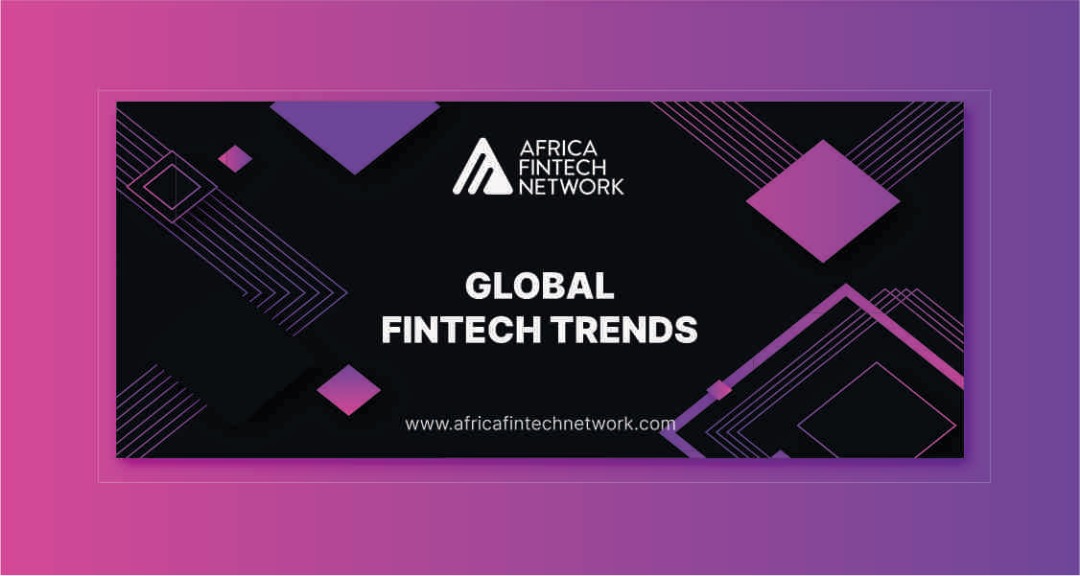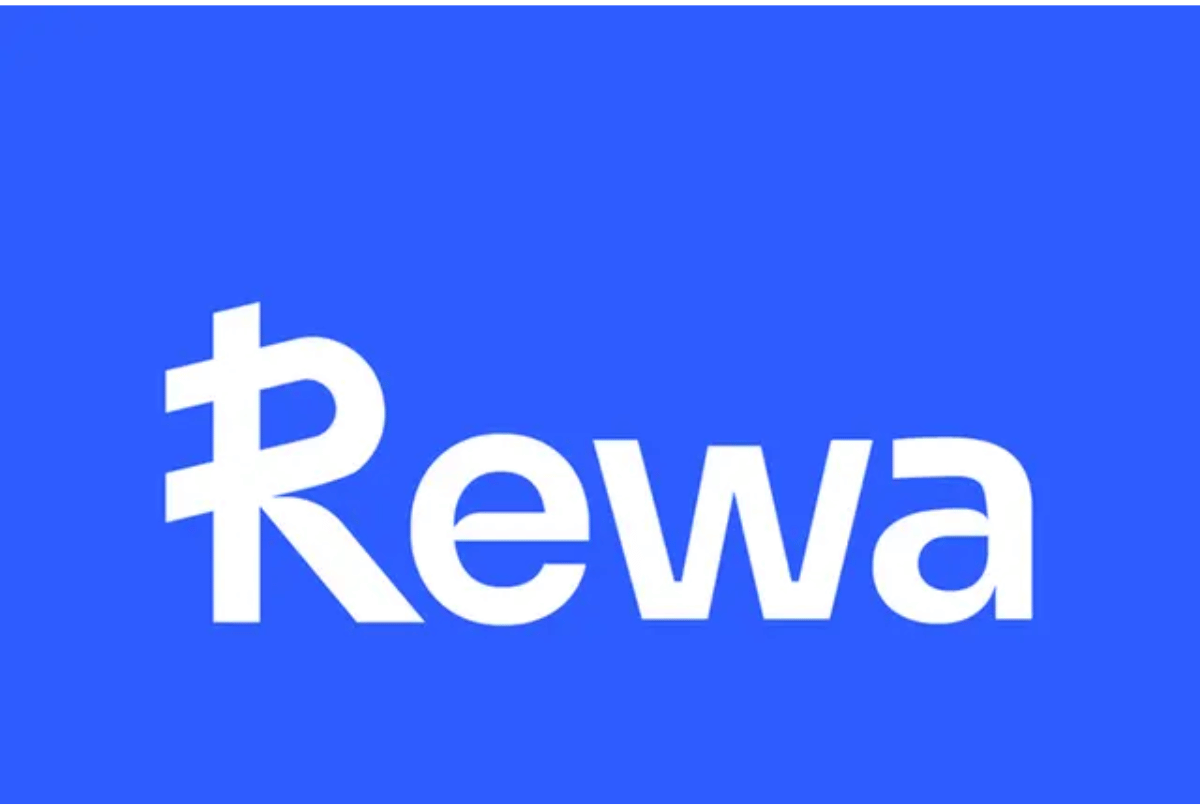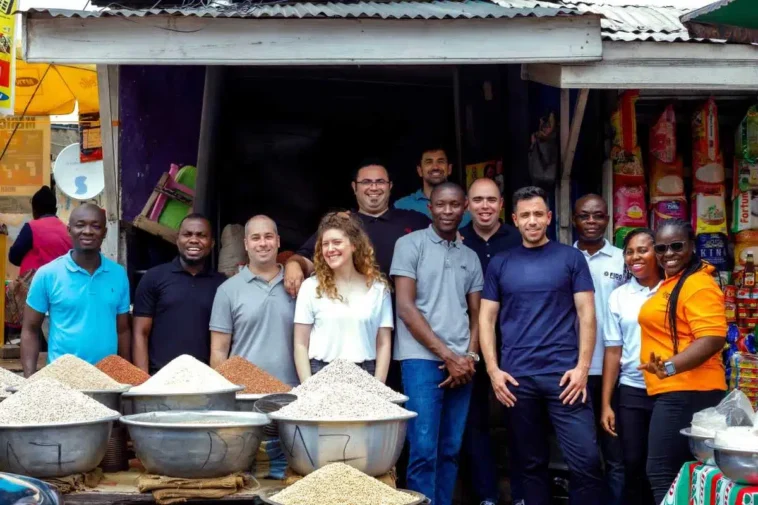
Global Fintech Trends – 23rd October, 2024
Mitigating Digital Fraud in Africa: A Holistic Approach to Combating Emerging Threats
Register NOW: https://shorturl.at/8k5vC
Canada-Africa Fintech Conference – Nurturing Talents, Fueling Growth, Forging Cross-Border Prosperity for Sustainability
Register NOW: https://lnkd.in/e67TFuby
Nigeria’s OmniRetail acquires SME payments platform Traction Apps
OmniRetail, a Nigeria-based start-up aiming to digitise traditional e-commerce through its suite of software products, has purchased Traction Apps, a business payments platform based in Lagos, to bolster its point of sale (POS) and inventory management services for African SMEs.
Announcing the deal on LinkedIn, OmniRetail says the acquisition will “strengthen our support for retailers, distributors, and manufacturers”.
Founded in 2018, Traction Apps provides a range of applications designed to assist SMEs in streamlining their operations. Its tools help businesses accept payments, send invoices, and manage retail operations, logistics, and supply chains.
Kenya migrates national payment system to ISO 20022
The Central Bank of Kenya (CBK) has migrated the Kenya Electronic Payment and Settlement System (KEPSS) to ISO 20022, an international standard for electronic data interchange.
In a statement, the CBK says it predicts “significant benefits” arising from the migration, including “faster settlement times, streamlined processing and improved liquidity management”.
First introduced for financial institutions in 2004, ISO 20022 is a framework for developing messages used in various financial services with extensible markup language (XML), facilitating communication between different financial systems and institutions globally.
Read more: https://www.fintechfutures.com/2024/10/kenya-migrates-national-payment-system-to-iso-20022/
Afin Bank secure licence to serve African diaspora in the UK
Afin has been granted a banking licence Authorisation with Restrictions, paving the way for it to start lending next year. The firm is targeting people from Africa who find it difficult to get mortgages because of their nationality, visa status or lack of credit history in the UK.
It will offer residential and buy-to-let (BTL) mortgages to people living in England and Wales, as well as BTL mortgages for borrowers based in the West African Countries of Ghana, Sierra Leone and The Gambia investing in the UK property market.
The bank is also planning a range of FSCS protected savings products to people with a UK passport, as well as people from Ghana, Nigeria, Sierra Leone and The Gambia resident in the UK.
INTRODUCING | Zanzibar Announces a National Blockchain Sandbox Program to Pilot Innovation
The government of Zanzibar has unveiled an exciting initiative – a National Blockchain Sandbox Program – designed to empower innovative startups with a space to experiment and refine their technologies before scaling up.
Developed by LedgerFi IT Solutions and powered by the XinFin XDC Network, this sandbox aims to position Zanzibar as a leading hub for technological advancement.
The National Blockchain Sandbox will allow startup founders to safely test their solutions using advanced encryption and multilayered security protocols.
Read more: https://bitcoinke.io/2024/10/introducing-the-zanzibar-national-blockchain-sandbox/
Temenos Simplifies Cross-Border Payments with Cloud-Based Service
Banking software provider Temenos has introduced a new service designed to make cross-border payments faster and more affordable.
The Temenos Cross Border Payments Enterprise Service is available to banks, Payment Service Providers (PSPs), electronic money institutions (EMIs), and fintechs.
It is designed to help organisations meet industry requirements and align with the G20’s goals for faster, lower-cost, and more transparent international payments by 2027.
Read more: https://fintechnews.sg/102593/cloud/temenos-cross-border-payments-enterprise/
REGULATION | World Economic Forum (WEF) Recommends Sandboxes in Risk-Averse Approach to Support DeFi Innovations
According to the World Economic Forum (WEF), policymakers and regulators worldwide should conduct decentralized finance (DeFi)-related innovations and experiments within regulatory sandboxes, focusing on tailored risk mitigation and transparency.
This follows a recent assessment in major economies, including the United States, the United Kingdom, Japan and the United Arab Emirates, where it identified the need for a tailored approach to regulating the DeFi ecosystem.
“Policymakers and regulators should, therefore, explore the possibility of achieving the crucial aims of protecting consumers, maintaining market integrity, and promoting innovation by calibrating requirements and parameter definitions for decentralized networks,” the WEF report concluded.
Read more: https://bitcoinke.io/2024/10/world-economic-forum-recommendations-on-defi/




